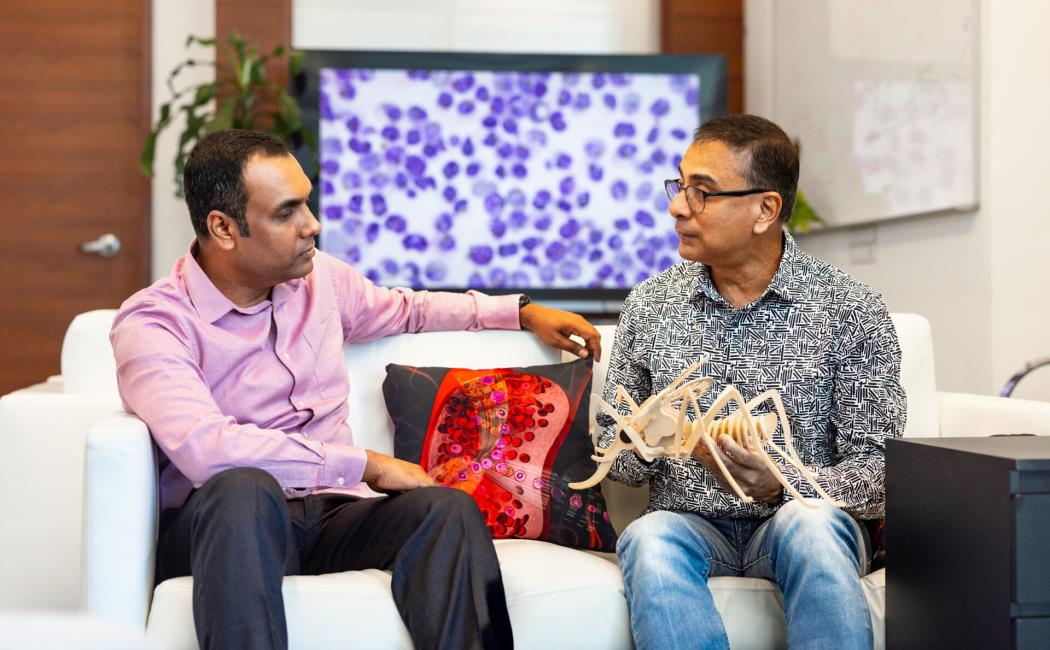
Malaria protein discovery offers path for novel antimalarial intervention strategies
25 October, 2023
The discovery of a malaria protein that helps the parasite grow inside red blood cells and plays a key regulatory role in the parasite’s immune evasion tactics could pave the way for new vaccines or therapeutics to combat the deadly infection.
The protein, known as PfAP2-P, was previously identified in a KAUST-led study that explored malarial genes and proteins displaying rhythmic 24-hour expression patterns — an adaptation that allows the parasite to synchronize its activities with those of the host during the human blood stage of its developmental cycle.